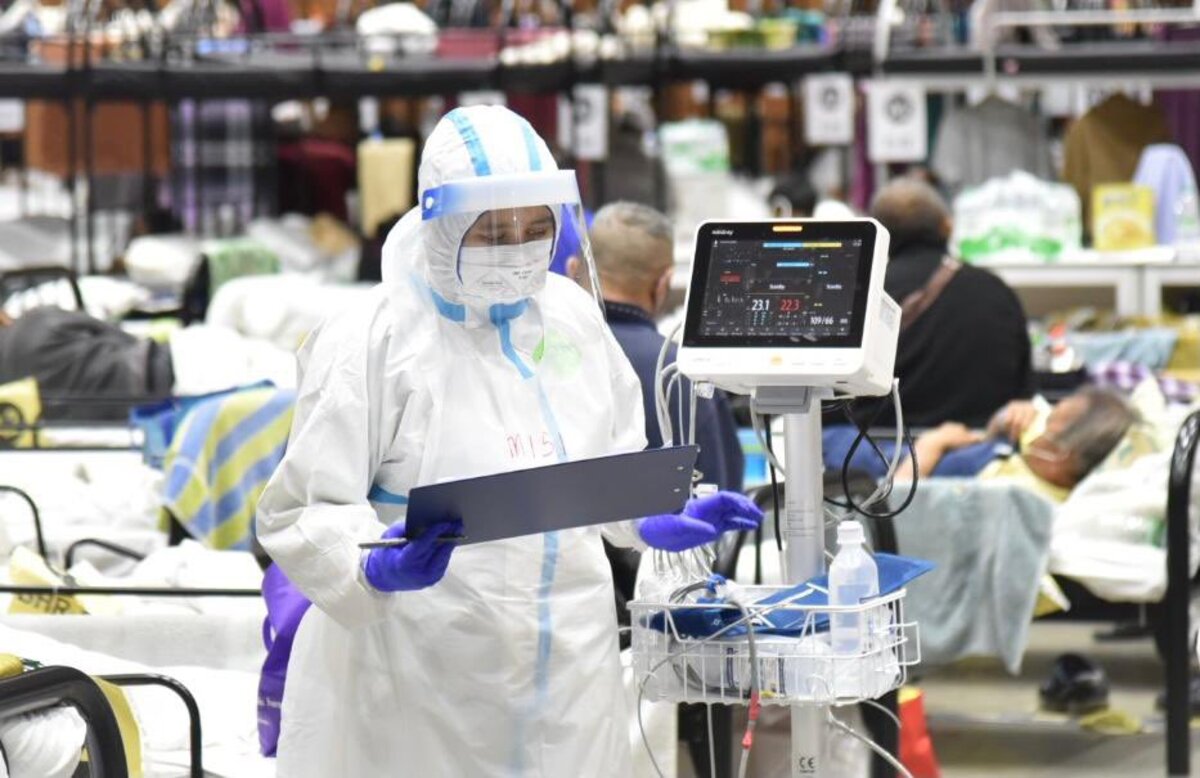KUALA LUMPUR, March 24 – The government is currently reviewing the Critical Service Incentive Payment (BIPK) for professionals in the civil service under a rationalisation study of allowances in the public sector, Dr Zaliha Mustafa said.
The health minister said of the 33 service schemes across ministries listed as a Critical Service and eligible for BIPK that was introduced over three decades ago in 1992, eight under the Ministry of Health (MOH) receive the critical service allowance.
“At this time, the MOH has been informed that the Central Agency is currently conducting a comprehensive review related to the implementation of the provision of the Critical Service Incentive Payment to eligible service schemes under the Public Service Allowance Rationalisation Study,” Dr Zaliha said in a written Dewan Negara reply Tuesday to Senator Husain Awang.
Husain had asked if the government plans to provide the BIPK allowance to physiotherapists and occupational therapists, like what is given to doctors and nurses, because of occupational risk.
Dr Zaliha explained that BIPK was introduced in 1992, during then-Prime Minister Dr Mahathir Mohamad’s administration, to officers in certain service schemes that were, at the time, suffering human resource shortages in certain services.
The BIPK, she said, was given based on four criteria, namely: the role and contribution of the service towards economic growth based on priority fields; the competitiveness of the labour market for qualified human resources that are needed; needed qualifications and skills for the service; and occupational risk.
Back in December 2019, the Pakatan Harapan (PH) government under PM Dr Mahathir decided to eliminate the BIPK allowance for new government workers across 33 Critical Service schemes who join the public sector from January 1, 2020.
Massive uproar from the medical fraternity forced the PH government to suspend the abolition of the BIPK allowance. A minister told CodeBlue in January 2020 that 90 per cent of BIPK recipients came from the public health service.
In a rare joint statement issued in December 2019, the Malaysian Medical Association, the Malaysian Pharmacists Society, the Malaysian Dental Association, the Malaysian Nurses Association, and the Malaysian Association of Medical Assistants had together demanded the reinstatement of the BIPK allowance for doctors, pharmacists, dentists, nurses, and medical assistants in the public health service.
The BIPK allowance is RM750 monthly for doctors, pharmacists, and dentists, and up to 15 per cent of the monthly basic salary for nurses.
“The BIPK can be 15 to 25 per cent of take-home pay, a significant amount when the cost of living is rising. If Malaysians want good health care, then we must first help our health professionals adequately care for their own families,” the five health care professional groups had said then.
Back in December 2019, the Public Service Department (JPA) justified the government’s initial decision to abolish BIPK, as the critical service allowance was estimated to cost the government RM1.05 billion in 2020, rising to RM1.24 billion in 2022, based on a projected 135,902 recipients.
JPA also pointed out that a 2019 review found that all 33 service schemes allocated with the BIPK no longer fulfilled the original criteria for giving the critical service allowance — or are no longer “critical”, so to say — because the public sector now faces an oversupply of workers.
The review found that job applications far exceeded vacancies for medical officers, pharmacy officers, dental officers, nurses, and medical assistants.
In statistics provided by Dr Zaliha to the Dewan Rakyat Wednesday, for this year, the number of applications by medical and dental officers for permanent positions in the health service were nearly two for every one position, and nearly five pharmacist applicants per position.
However, government health care workers across professions — including doctors, pharmacists, dentists, nurses, and allied health workers — contend that the public health service suffers from dire staff shortages, as they complain about being severely overworked and underpaid. Doctors, in particular, have complained about having to pull 36-hour shifts or working more than 70 hours a week.
Government doctors, in fact, are now asking for salary reviews and a 178 per cent increase in their weekend on-call allowances to RM25 per hour from the current hourly RM9 rate.
Any decision by the unity government led by Prime Minister Anwar Ibrahim to cut the BIPK allowance will likely further demoralise the public health service, amid rising resignations of doctors and a previous threat of strike action.
Anwar has repeatedly talked about having to manage the country’s RM1 trillion debt, telling the Congress of Unions of Employees in the Public and Civil Services (Cuepacs) last February that he needed to take care of people in the hardcore poor, like fishermen and farmers, “who are facing an even tougher life to survive”.
Economy Minister Rafizi Ramli told the Dewan Rakyat Wednesday that the government would focus on strengthening Malaysia’s fiscal position by expanding revenue and rationalising expenditure.








